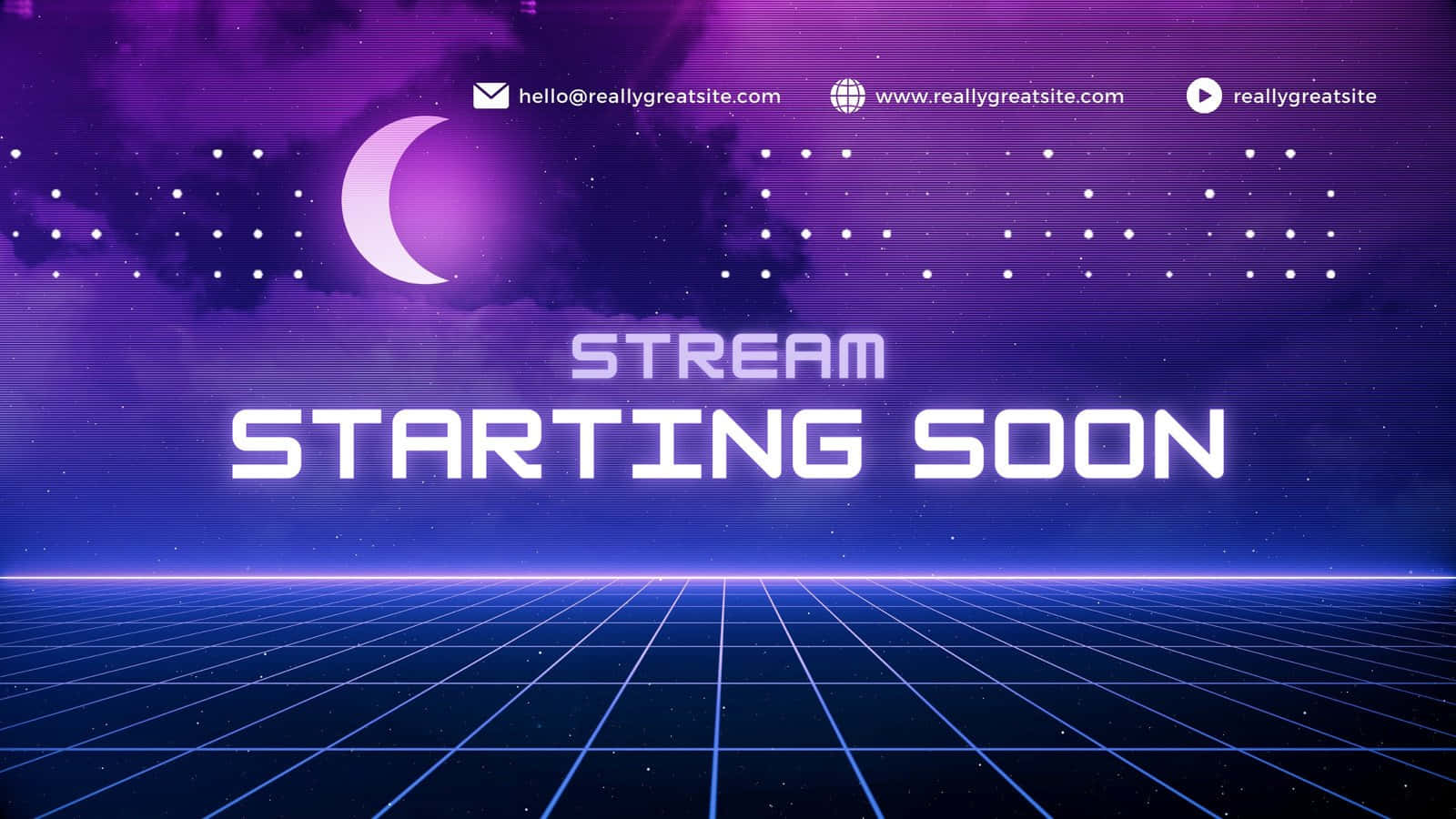
In recent years, the landscape of entertainment has undergone a remarkable transformation, driven predominantly by the rise of online streaming services. The way we consume media has shifted dramatically, moving from traditional platforms like television and cinema to the convenience of on-demand streaming at our fingertips. With a diverse array of content available around the clock, viewers can now curate their own experiences, selecting from a treasure trove of movies, series, documentaries, and live events that cater to every taste and preference.
As we navigate this evolving terrain, it’s essential to explore the implications of this revolution in online streaming. What does the future hold for content creators, viewers, and the industry as a whole? With the ongoing advancements in technology and changing consumer behaviors, the streaming landscape is poised for even more innovation and disruption. From the rise of niche platforms to the integration of interactive elements and social features, the potential for new experiences in online entertainment is limitless.
The Evolution of Streaming Services
The rise of online streaming services can be traced back to the early 2000s, when platforms like YouTube and Hulu began to reshape how people consumed video content. The convenience of accessing a vast array of shows and movies with just a few clicks was revolutionary. As high-speed internet became more widely available, the demand for immediate and on-demand access to entertainment surged. This shift marked a significant departure from traditional cable television and paved the way for a new era of viewing habits.
As technology advanced, so too did the streaming landscape. The introduction of platforms like Netflix transformed the industry, moving from a DVD rental service to a subscription-based model that provided users with unlimited access to a growing library of content. This change not only expanded the audience base but also encouraged the production of original programming, with Netflix leading the charge. Other companies, recognizing the potential, entered the market, leading to a competitive environment that fueled innovation and diversity in content offerings.
In recent years, the streaming market has continued to evolve with the emergence of various niche services, including those focused on specific genres or demographics. The consolidation of content under major players has also been a notable trend, as traditional studios launch their own streaming platforms to establish direct relationships with audiences. This ongoing evolution indicates that online streaming is not just a phase; it is rapidly becoming the dominant form of media consumption, shaping the future of entertainment in profound ways.
The Impact of Streaming on Content Creation
The rise of online streaming has transformed the way content is created and consumed. Traditionally, creators relied on television networks and distribution deals, which often limited access and creative freedom. With streaming platforms, artists and filmmakers can now reach global audiences without the constraints imposed by traditional media. This democratization of content creation has opened the door for diverse voices and unconventional narratives, allowing independent creators to showcase their work and find success on their own terms.
Streaming services have also changed the funding landscape for content production. Many platforms invest heavily in original programming, giving creators the opportunity to pitch unique concepts that may not have been viable in a conventional setting. This financial backing encourages more experimentation and risk-taking, leading to a wider variety of genres and styles. As a result, audiences benefit from a richer selection of content that reflects different cultures, experiences, and viewpoints.
update payment method YouTubeTV
Moreover, the shift to streaming has influenced the way content is produced and marketed. Creators must now consider the binge-watching culture, which has led to changes in storytelling techniques, pacing, and episode structure. Additionally, the accessibility of data analytics allows content providers to fine-tune their offerings based on viewer preferences. This dynamic feedback loop not only shapes future productions but also fosters a more engaged and interactive relationship between creators and their audiences, ultimately paving the way for innovative entertainment experiences.
Future Trends in Online Entertainment
As the landscape of online streaming continues to evolve, personalized content delivery is set to become a cornerstone of user engagement. Streaming platforms are increasingly leveraging advanced algorithms and machine learning to offer tailored viewing experiences. This means that users will receive recommendations that align closely with their preferences, viewing history, and even mood. In this competitive market, the ability to make content recommendations that resonate personally will not only enhance user satisfaction but also drive retention rates.
Another significant trend is the rise of interactive and immersive experiences. Viewers are no longer passive consumers of content; they seek to engage with what they watch. Innovations such as live-streaming events, choose-your-own-adventure style narratives, and augmented reality experiences are gaining traction. These formats not only captivate audiences but also create a sense of community among viewers as they interact in real-time. As technology continues to advance, the possibilities for immersive storytelling will expand, allowing content creators to forge deeper connections with their audiences.
Finally, the diversification of content distribution channels will reshape the online entertainment landscape. Traditional cable networks are increasingly adopting streaming models, while platforms that started as purely digital services are now producing high-quality original content. This blending of formats means that audiences will have access to anemic variety of shows, films, and live events. As more creators turn to streaming services for distribution, we can expect a proliferation of unique voices and stories that will define the future of online entertainment.
